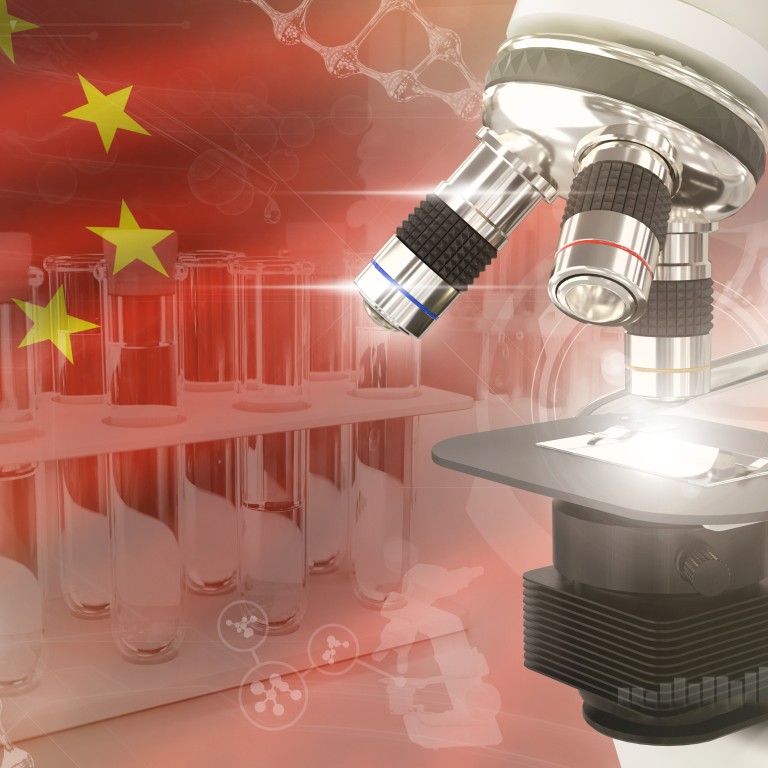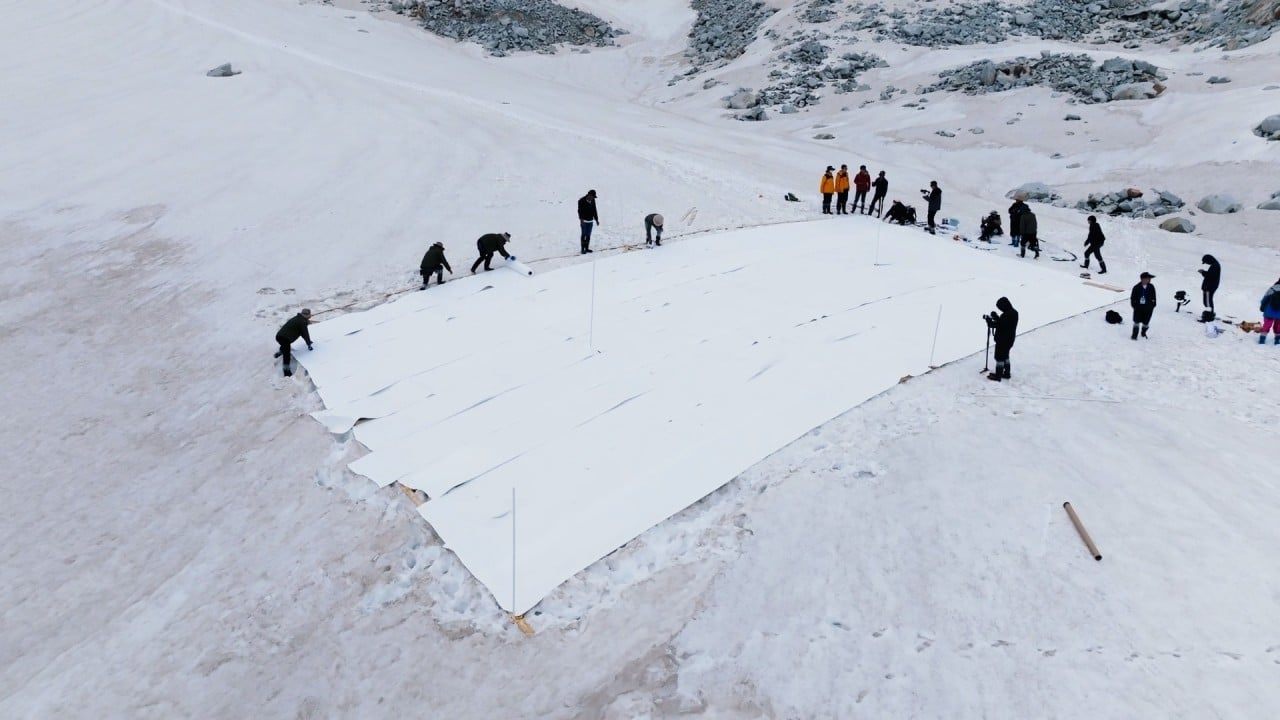
Xi Jinping pledges more funding and support for research in face of international competition
- In an article published in a Communist Party journal, Xi said the country must achieve technological self-reliance and urged businesses to help fund research
- He also said China should work to ensure its ‘own research platforms, instruments and equipment’ could solve fundamental scientific questions
Chinese President Xi Jinping has pledged to boost investment and support for research into scientific fundamentals, saying the country must achieve technological self-reliance.
In an article published in the Communist Party’s theoretical journal Qiushi on Tuesday, Xi said strengthening fundamental research was an imperative for China.
He added that it was an urgent matter to build up research in the face of international scientific and technological competition.
The call comes amid the intensifying strategic competition between China and the United States in crucial technologies such as semiconductors, artificial intelligence, aerospace technology and biotech.
In the article, Xi called for a steady increase in funding and for a solid base for investment in research to be established.
He also suggested that tax incentives could help attract funding from business, and said wider society should be encouraged to help fund research too.
China is currently the world’s second biggest spender on research and development, with its total expenditure surpassing 3 trillion yuan (US$419 billion) in 2022.
This was 10.4 per cent higher than a year earlier and accounted for 2.55 per cent of national GDP, according to the National Bureau of Statistics.
Xi previously signalled increased support for R&D at the annual meeting of the legislature in March, where he told provincial delegates that “technological self-reliance and advancement” were the key to building up China to become a powerful, modernised state.
In the article, based on a speech given to a Politburo study session in February, Xi urged scientific research institutions and universities to cooperate with businesses to enhance localisation, and “strive for the early solution of major fundamental research problems with China’s own research platforms, instruments and equipment”.
He also encouraged Chinese scientists to publish their major findings in Chinese journals and platforms and to help ensure the country’s scientific literature and databases had international influence.
Although Xi did not cite examples, one Chinese journal, The Innovation, which was founded in 2020, has already become one of the world’s top-ranking publications and ranked just behind Nature and Science in the 2023 Journal Citation Reports by analytics company Clarivate.
Xi also said: “[We should] increase support for talent in fundamental research in various types of programmes … and actively introduce outstanding talents from overseas.
“To solve the development problems faced by human beings, we need international cooperation more than ever before. No country can become an independent innovation centre or can exclusively enjoy the fruits of innovation.”
He said China would build a platform for international cooperation on scientific fundamentals, set up research funds for scientists around the world and take the lead in implementing international programmes.
“We will expand and deepen joint scientific research between China and foreign countries on global issues such as climate change, energy security, biosecurity and the use of outer space,” he said.
The party committee of the Chinese Academy of Sciences wrote in the same issue of Qiushi that national scientific institutions should focus on “strategically oriented” projects.
One example is the ITER project in which 35 nations worked to build the world’s largest tokamak, a magnetic device that aims to mimic the nuclear fusion process of the sun.
The party committee also said it would improve long-term support and encourage scientists to focus on national strategic needs.


